apple vs cedar tree...any hope?
thecityman, Zone 7a/6b near Nashville
10 years ago
Featured Answer
Comments (26)
RobThomas
10 years agolast modified: 9 years agoalan haigh
10 years agolast modified: 9 years agoRelated Professionals
Glen Ellyn Landscape Architects & Landscape Designers · Simi Valley Landscape Architects & Landscape Designers · Essex Landscape Contractors · Estelle Landscape Contractors · Inglewood Landscape Contractors · Lorain Landscape Contractors · Olympia Landscape Contractors · Parker Landscape Contractors · Ponte Vedra Beach Landscape Contractors · Tehachapi Landscape Contractors · University City Landscape Contractors · Wareham Landscape Contractors · West Chester Landscape Contractors · West Covina Landscape Contractors · West Orange Landscape Contractorsltilton
10 years agolast modified: 9 years agothecityman, Zone 7a/6b near Nashville
10 years agolast modified: 9 years agothecityman, Zone 7a/6b near Nashville
10 years agolast modified: 9 years agomes111
10 years agolast modified: 9 years agomamuang_gw
10 years agolast modified: 9 years agojean001a
10 years agolast modified: 9 years agoalan haigh
10 years agolast modified: 9 years agowindfall_rob
10 years agolast modified: 9 years agoalan haigh
10 years agolast modified: 9 years agothecityman, Zone 7a/6b near Nashville
10 years agolast modified: 9 years agomamuang_gw
10 years agolast modified: 9 years agothecityman, Zone 7a/6b near Nashville
10 years agolast modified: 9 years agoolpea
10 years agolast modified: 9 years agomamuang_gw
10 years agolast modified: 9 years agoalan haigh
10 years agolast modified: 9 years agojean001a
10 years agolast modified: 9 years agothecityman, Zone 7a/6b near Nashville
10 years agolast modified: 9 years agothecityman, Zone 7a/6b near Nashville
10 years agolast modified: 9 years agoAmericanchestnut
10 years agolast modified: 9 years agoRobThomas
10 years agolast modified: 9 years agothecityman, Zone 7a/6b near Nashville
10 years agolast modified: 9 years agoalan haigh
10 years agolast modified: 9 years agothecityman, Zone 7a/6b near Nashville
10 years agolast modified: 9 years ago
Related Stories
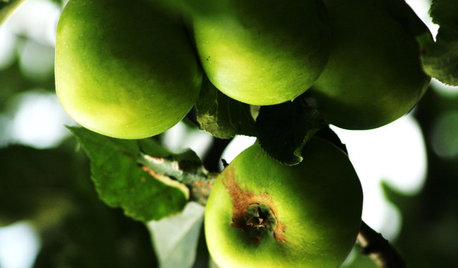
EDIBLE GARDENSHow to Add an Apple Tree to Your Edible Garden
Readily available, beautiful and fragrant, apple trees offer four-season interest along with crisp, juicy fruit
Full Story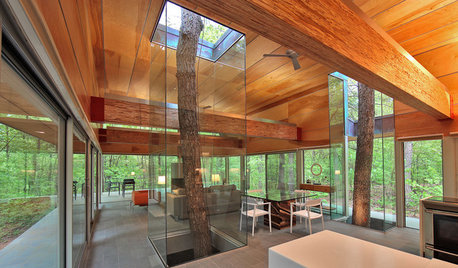
DECORATING GUIDES10 Tree-Hugging Interiors That Work Around Nature
Bursting up through the floor, planted in an indoor patio or potted in any room you choose, trees bring an elegance that's organic
Full Story
EDIBLE GARDENSHow to Grow 10 Favorite Fruit Trees at Home
Plant a mini orchard in fall, winter or early spring to enjoy fresh-off-the-tree fruit the following year
Full Story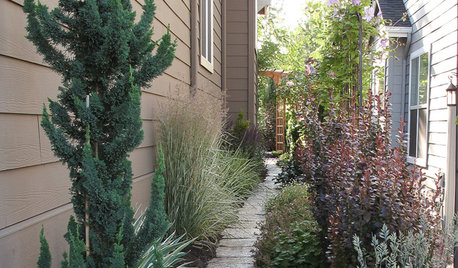
SIDE YARD IDEASNarrow Trees for Tight Garden Spaces
Boost interest in a side yard or another space-challenged area with the fragrance and color of these columnar trees
Full Story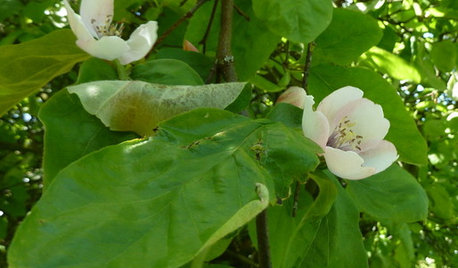
EDIBLE GARDENSWhy Grow Quince? For Beauty, Fragrance and Old-Time Flavor
Delightfully perfumed fruit and lovely spring blossoms make this apple and pear cousin worth a spot in the garden
Full Story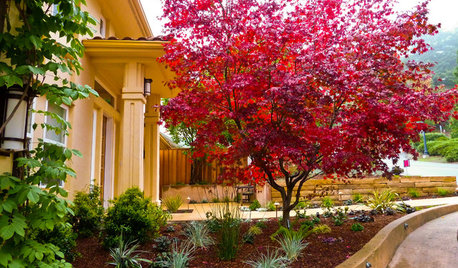
LANDSCAPE DESIGN7 Great Trees for Summer Shade and Fall Color
These landscape-pro faves straddle the seasons beautifully. Could one enhance your own yard?
Full Story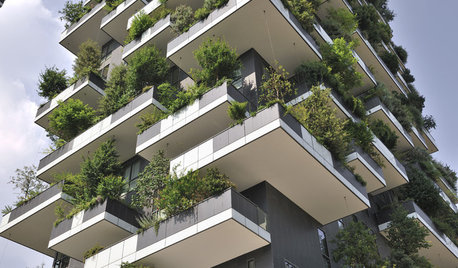
THE ART OF ARCHITECTUREWorld of Design: Trees Bring Nature to a High-Rise in Milan
Discover ‘the most beautiful and innovative skyscraper in the world’ — the foliage-filled Bosco Verticale — and tour one of its apartments
Full Story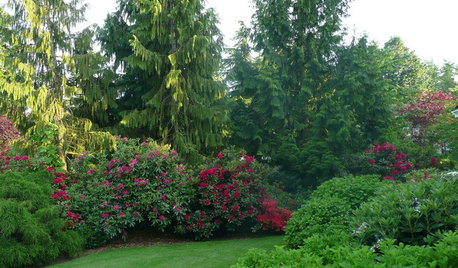
GARDENING GUIDESGreat Design Plant: Chamaecyparis Nootkatensis
Alaska cedar brings an element of sculpture to the garden
Full Story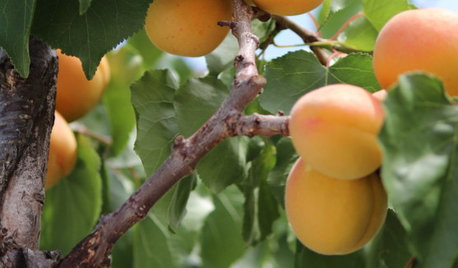
FARM YOUR YARDIf You Have Room for Only One Fruit Tree ...
Juice up a small garden with one of these easier-care or worth-the-effort fruit trees for a mild climate
Full Story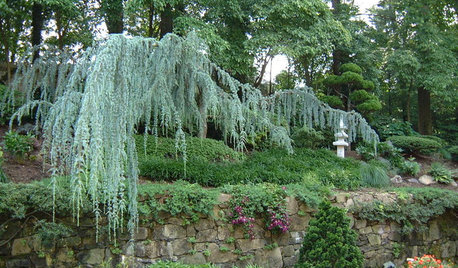
GARDENING GUIDESGreat Design Plant: Cedrus Atlantica ‘Glauca’
With its blue foliage and variety of shapes, blue atlas cedar earns its place in the sun
Full Story





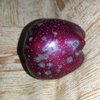
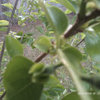
alan haigh